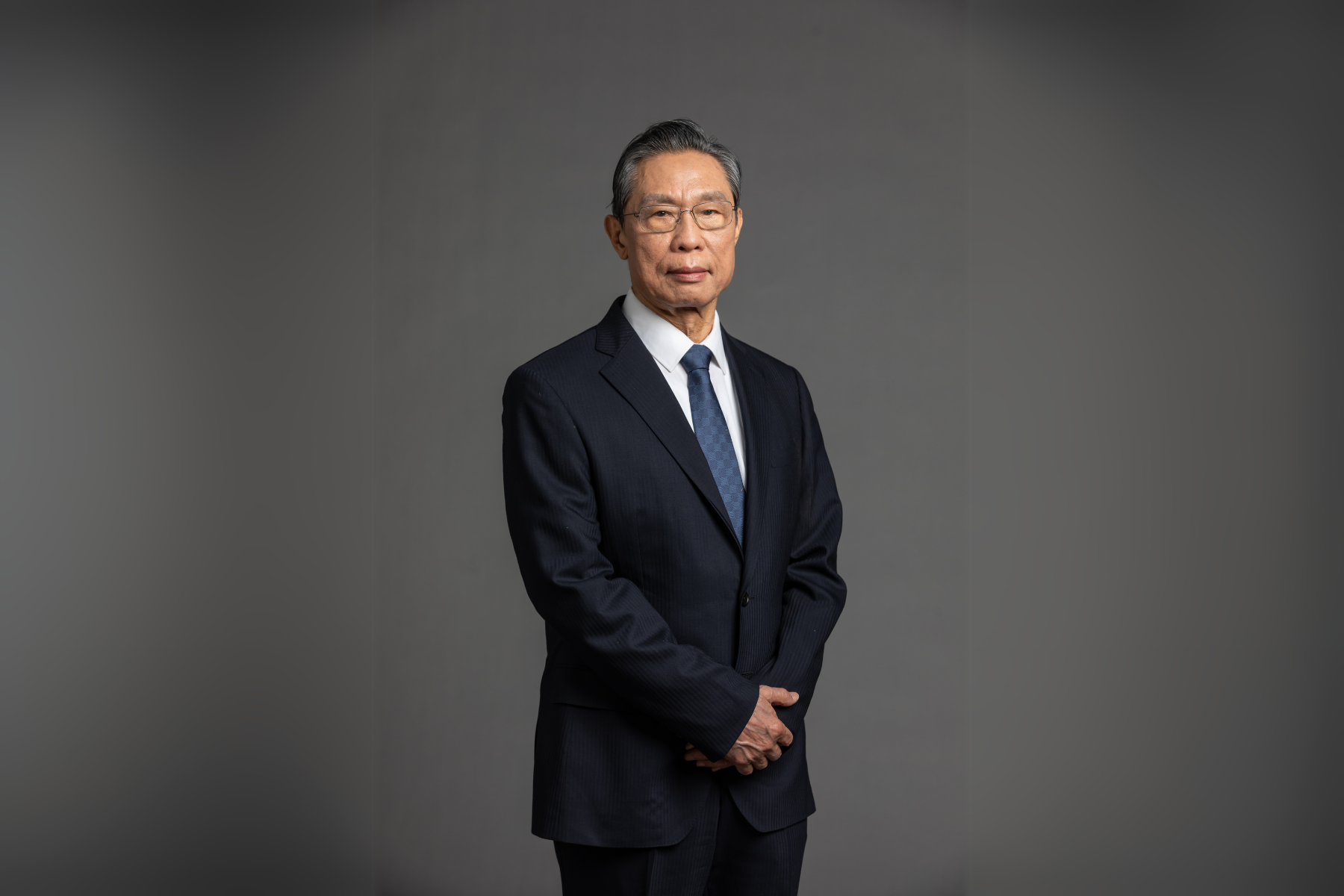Lessons From My Father: Zhong Nanshan on the Pursuit of Medical Truth
By Iylia De Silva
June 2025 FEATURE
Iylia De Silva

is a law graduate from the University of London. Balancing work and play, she savours every moment by indulging in her passion for food, languages, music and engaging with people from diverse cultures.




